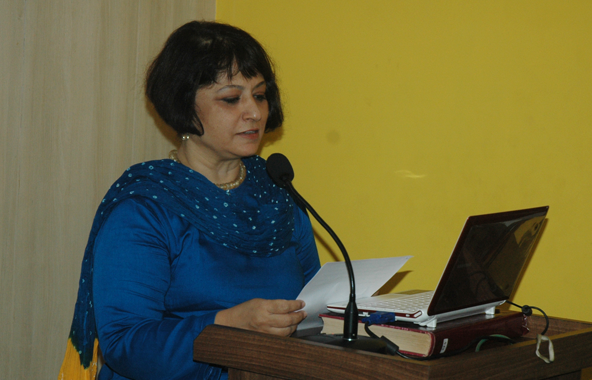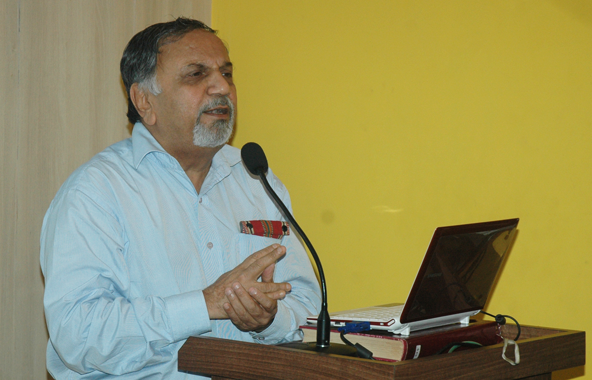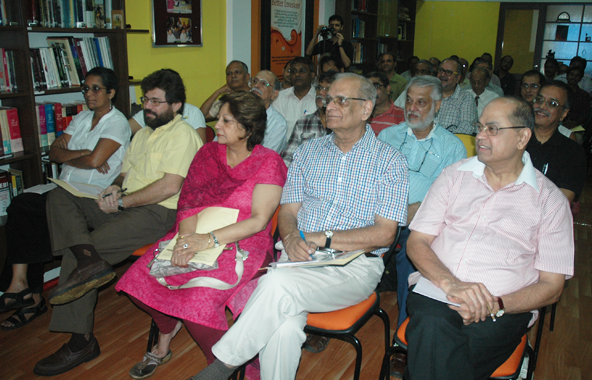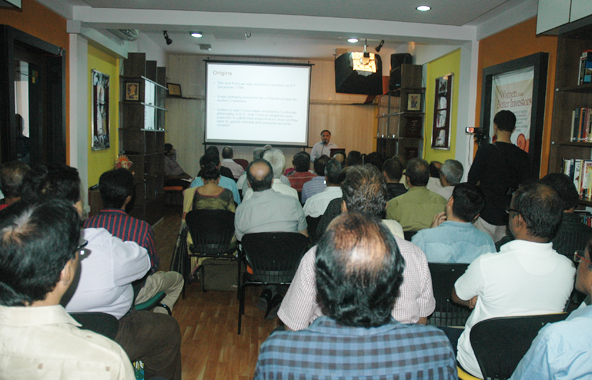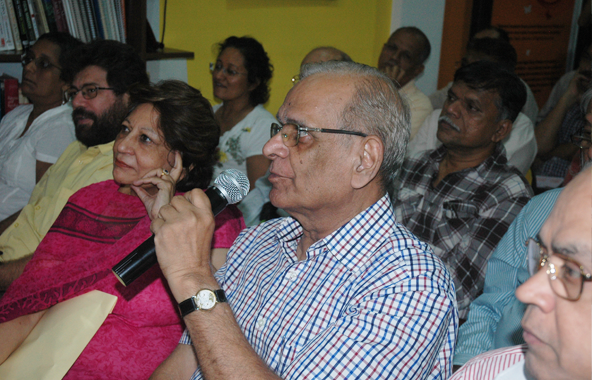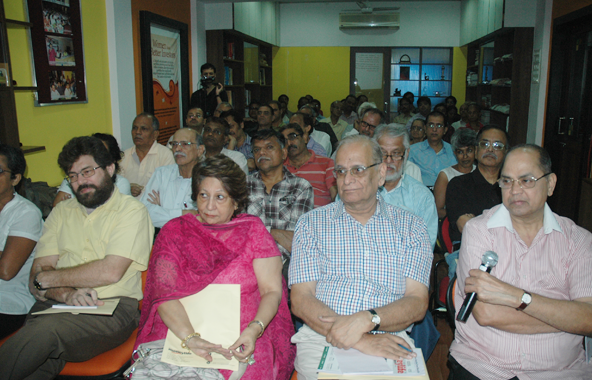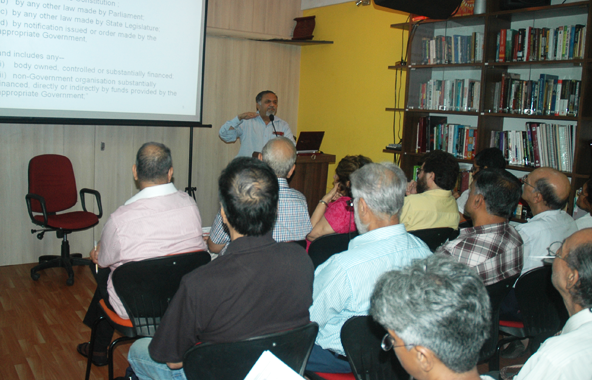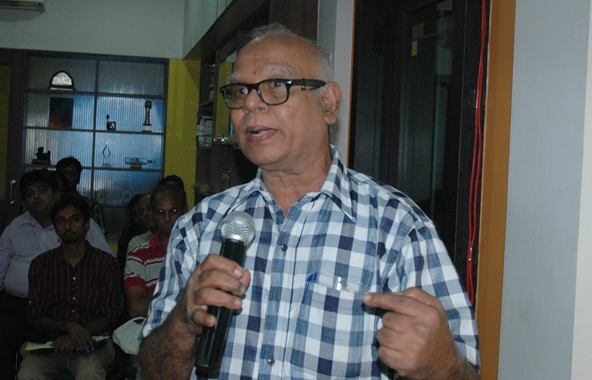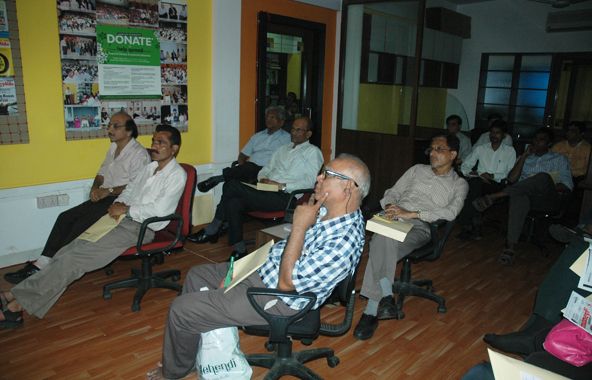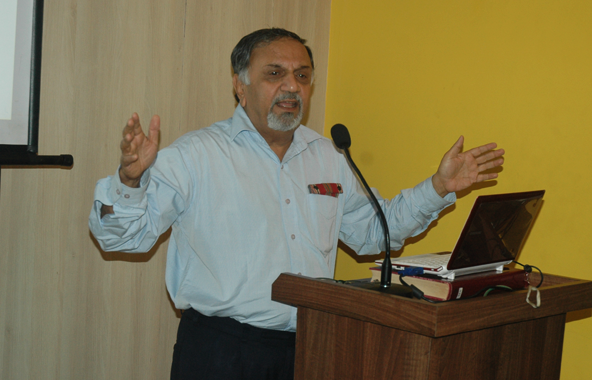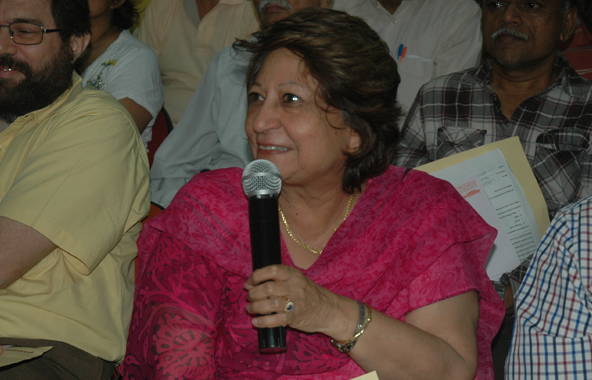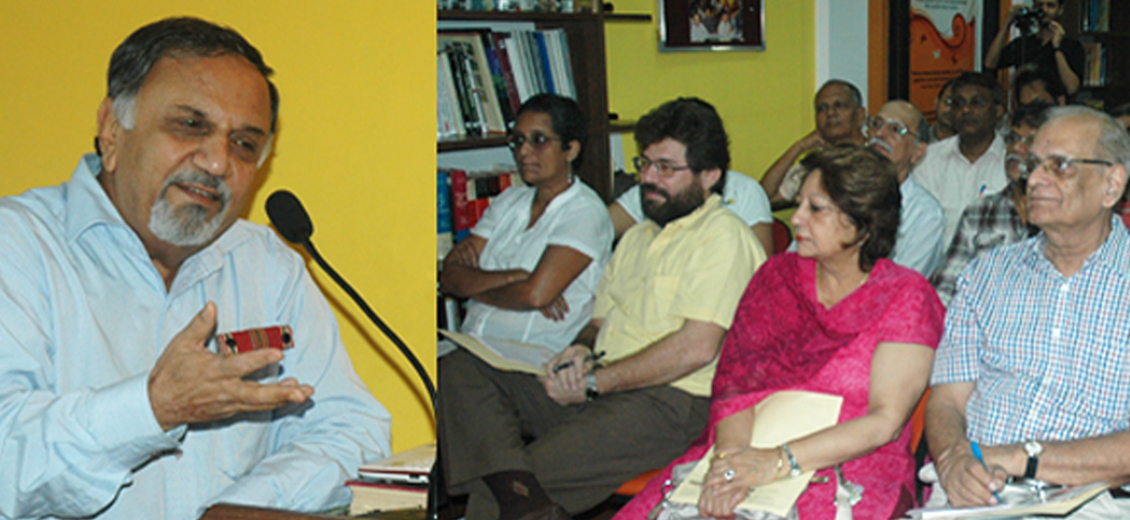
Moneylife Foundation has conducted a series of events and workshops in the past to empower its members to use the RTI (Right to Information) Act effectively. This was another session for beginners of the RTI series conducted by Shailesh Gandhi, former Central Information Commissioner (CIC). The session for beginners has received huge participation in the past and Saturday’s session as well had over 70 members.
In this seminar for beginners, Mr Gandhi gave an overview of the RTI Act, how it originated and where it can be used. He took the members through the important sections of the RTI Act in detail. The former CIC also covered various sections of the RTI Act where information can be sought and can be refused. He also explained the RTI application format and the format for filing an appeal.
For RTI users, the important part to remember while filing an application is that the information sought should not be vague and a reasonable timeline should be given. The applicant also should remember that the information she is seeking should be available on record.
Mr Gandhi emphasised that all information that is available as a record in any tangible form can be provided. Therefore, before filing an application, individuals should review if the information they are seeking is available as a record.
The application should be addressed to the right department, he added. If not done, it would create unnecessary delays. The RTI should be sent preferably through Speed Post, as you would get an acknowledgement that the public information officer (PIO) has received it.
The RTI Act lists special instances where the authorities can seek exemption from disclosing the information. Usually, Section 8 of the Act is commonly used by public authorities for claiming exemption from disclosure of information. Mr Gandhi explained this section in detail and offered advice on how one can phrase their queries in such a way that the information cannot be denied claiming exemption under Section 8.
Many times, the PIOs use Section 8(1)(e) for denying the information. Section 8 (1)(e) of the RTI Act exempts from disclosure ‘information available to a person in his fiduciary relationship, unless the competent authority is satisfied that the larger public interest warrants the disclosure of such information’.
Mr Gandhi said, “An equally important characteristic for the relationship to qualify as a fiduciary relationship is that the provider of information gives the information for using it for the benefit of the one who is providing the information. All relationships usually have an element of trust, but all of them cannot be classified as fiduciary. Information provided in discharge of a statutory requirement, or to obtain a job, or to get a license, cannot be considered to have been given in a fiduciary relationship.”
In addition, information provided by an individual in fulfilment of statutory requirements is neither covered by the exemption under Section 8 (1)(j) of the RTI Act nor can it be called an unwarranted invasion of his privacy, the former CIC said.
While seeking information related with third party, the PIOs often cite exemption. As per Section 11 of the RTI Act, the PIO, as per the case, should give a written notice to the third party and invite the third party to make a submission regarding whether the information should be disclosed or not. There are several instances, where the PIOs have denied information citing objection from the third party.
However, Mr Gandhi said, Section 11 does not give a third party an unrestrained veto to refuse disclosing information. It only gives the third party an opportunity to voice its objections to disclosing information. “Section 11 is only a procedure which requires the PIO to inform the third party of his intention to disclose the information if the information was received in confidence. After receiving any objection from the third party if the information is exempt as per the provisions of Section 8(1) or 9 the information may be denied by the PIO after giving reasons,” he said.
The former CIC also explained to the audience the relevant section on complaints and second appeals and how one should go about it.
We have also compiled a list of important judgements in cases where the information sought has been wrongly refused.


